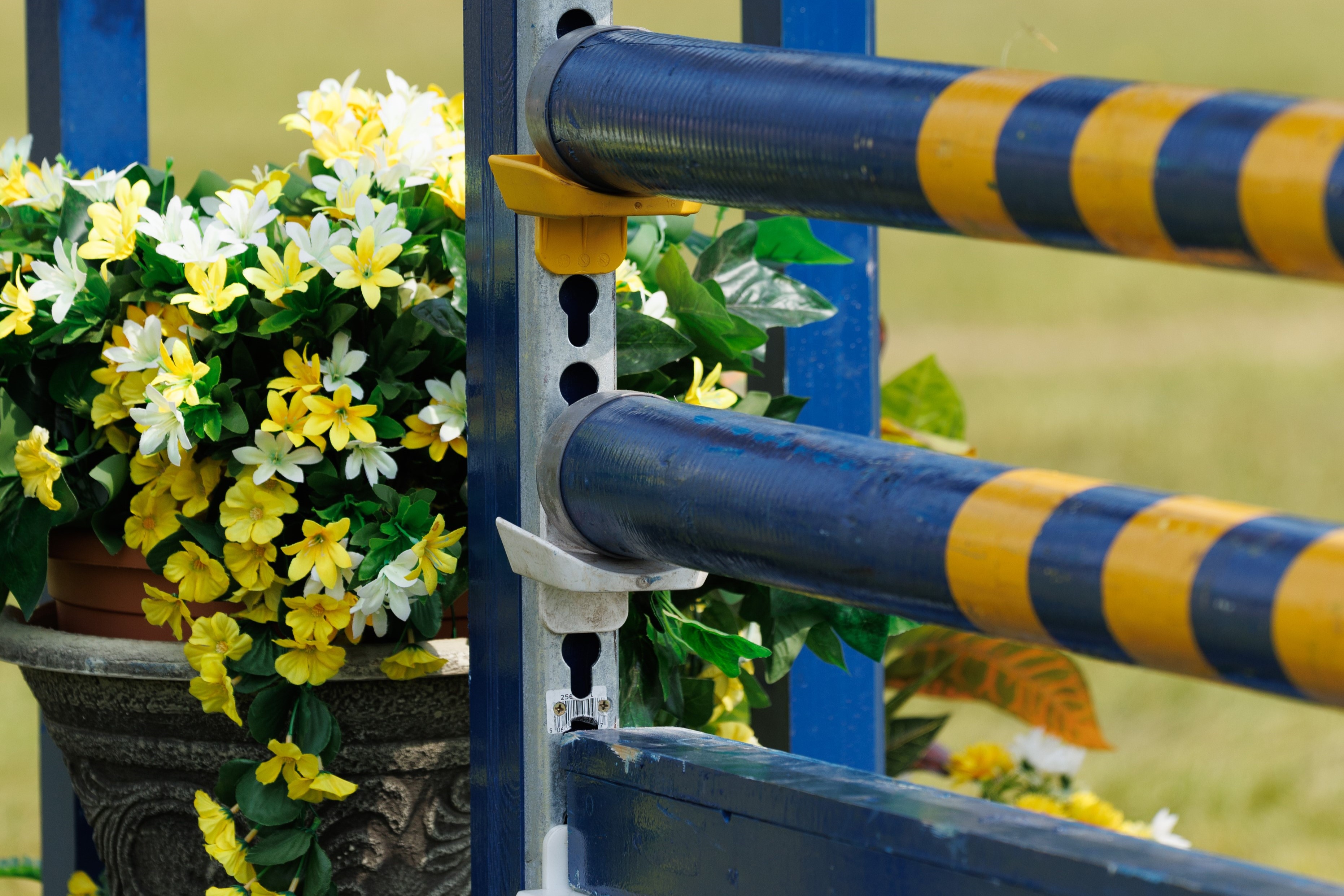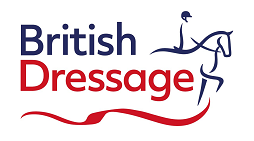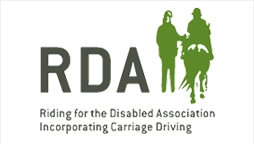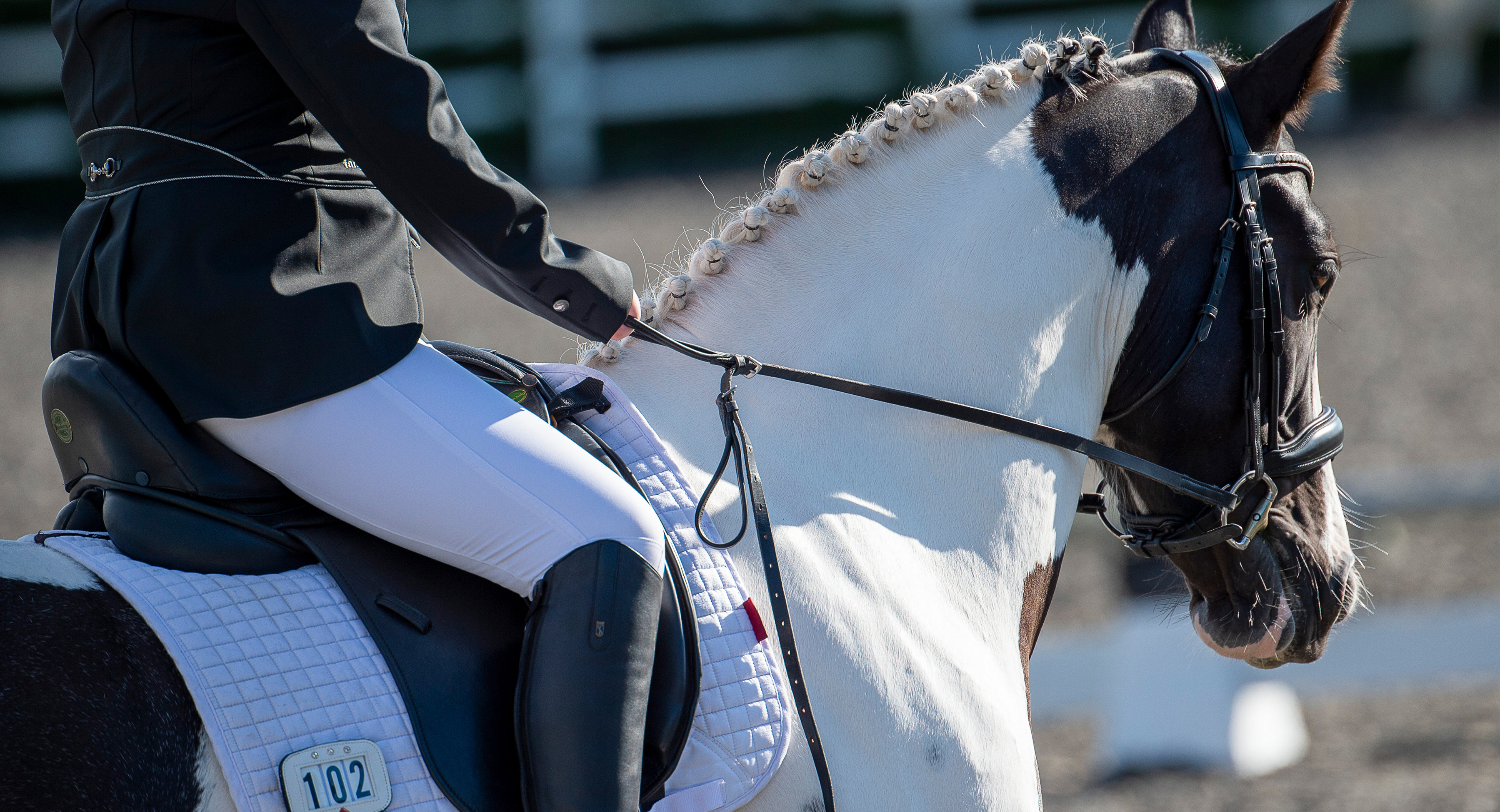Para Classification
British Equestrian is responsible for managing national classification on behalf of British Dressage, the Riding for the Disabled Association (RDA) and British Carriagedriving, allowing athletes to participate in para equestrian competitions within their chosen discipline. We work closely with Paralympics GB for Visual Impairment classification and Fédération Équestre Internationale (FEI) to ensure the classification system is compliant with their wider rules and regulations.
National Classification is made possible by a team of fully qualified Physiotherapists who have been trained in Para Equestrian Classification to uphold integrity and standards within para sport.
THE CLASSIFICATION SYSTEM
The classification system is designed to be used in all para sports to enable eligible athletes with physical and/or visual impairments to compete on equal terms against each other in para competitions. This system is made sport specific and, within equestrian sport, allows athletes to compete in para dressage and para driving. Athletes are classified according to their disability across a range of grades, which determine the complexity of the movements that they perform with their horses.
Paralympics GB explains classification and its purpose in this short video:
PARA DRESSAGE
There are five classification grades
Grade 1 – Athletes have severe impairments affecting all limbs and trunk. The athlete usually requires the use of a wheelchair. They may be able to walk with an unsteady gait. Trunk and balance are severely impaired.
Grade 2 – Athletes have either a severe impairment of the trunk and minimal impairment of the upper limbs or moderate impairment of the trunk, upper and lower limbs. Most athletes in this grade use a wheelchair in daily life.
Grade 3 – Athletes have severe impairments in both lower limbs with minimal or no impairment of the trunk or moderate impairment of the upper and lower limbs and trunk. Some athletes in this grade may use a wheelchair in daily life.
Grade 4 – Athletes have a severe impairment or deficiency of both upper limbs or a moderate impairment of all four limbs or short stature. Athletes are able to walk and generally do not require a wheelchair in daily life. This grade also includes athletes having a visual impairment equivalent to B1 with very low visual acuity and/ or no light perception.
Grade 5 – Athletes have a mild impairment of movement or muscle strength or a deficiency of one limb or mild deficiency of two limbs. This grade also includes athletes with visual impairment equivalent to B2 with a higher visual acuity than visually impaired athletes competing in Grade 4 and/or a visual field of less than 5 degrees radius.
More information on competing in para dressage can be found on the British Dressage website.
PARA DRIVING
There are two classification grades:
Grade 1 – for the most impaired drivers
Grade 2 – allocated to those least impacted by their impairment. More information on competing in para carriagedriving can be found on the British Carriagedriving website.
PARA SHOWJUMPING

When being graded to compete in para showjumping, you will be given a dressage grade, which can then be converted for showjumping. More information on competing in para showjumping can be found on the British Showjumping website.
INTERNATIONAL CLASSIFICATION
An FEI International Classification will allow you to participate in international para equestrian competitions. It's important that you familiarise yourself with the FEI Para Equestrian Classification Rules. All rules can be found on the FEI website for Para Dressage and Para Driving. You will find more information about applying on the Getting Classified page.
Why get classified?
We hear from many athletes who have been through the classification process who tell us about how this experience has given them both mental and physical benefits. Not only has this had a positive impact on their day to day lives, it has also strengthened relationships with the people around them and their horses, as well as helping them to develop their knowledge and skills.
Once allocated a grade, many people who have begun their para equestrian journey have found support being part of this community, learning from each other's experiences and knowledge in all aspects of equestrianism. This has given them the confidence to create personal goals and get involved.
Getting classified for para equestrian competitions provides a gateway to progress within your chosen discipline, whether that is in RDA or affiliated competitions at national level.
British Dressage offer many benefits such as para classes and championships, para academies, para dressage youth performance pathway, regional training and compeition and a dedicated Regional Para Representative.
Read Nicola Naylor's journey: Beyond sight: Nicola Naylor on becoming a Para Dressage athlete.



